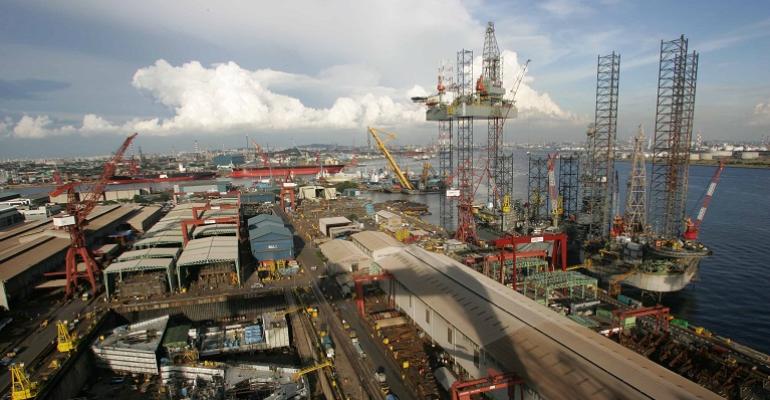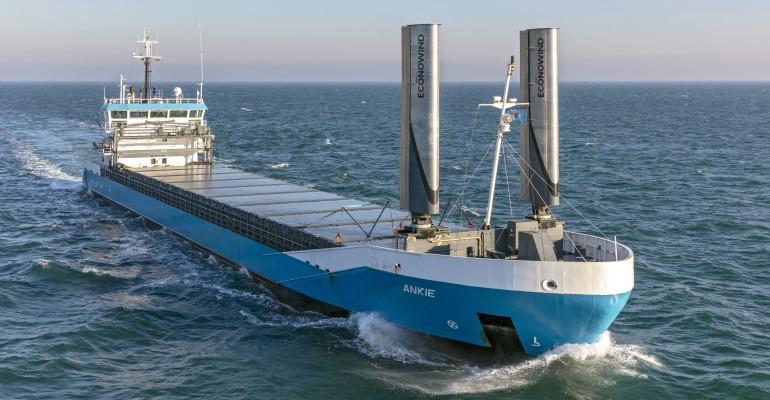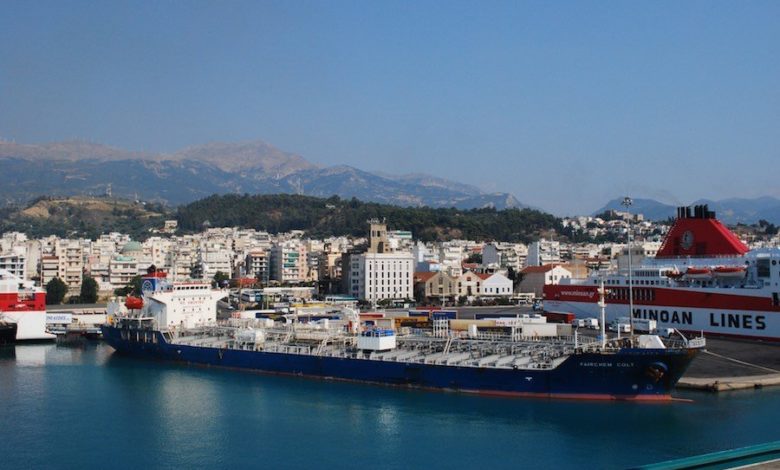
A fossil fuel future
Apr 24, 2023
Perhaps, among all the rhetoric about “net zero” and carbon neutral industry, the magnitude of the task and the timescales have started to sink in.
It was not many years ago that a major tanker owner suggested, with a degree of certainty, that the ships he was then bringing into service would be part of the last generation of their type, as oil usage declined in favour of all the greener alternatives.
You could probably see where he was coming from, with the modellers all offering confident projections for the phasing out of fossil fuels. With succeeding COP conferences all emphasising that the survival of the world depended upon rapid action to mitigate the “carbon calamity” we were all facing, while all the NGOs and increasingly agitated activists were demanding the most drastic policies, options appeared limited.
It didn’t seem prudent to cast any doubts about the prevailing certainties, lest your head office be covered in red paint by climate protesters, who would label your organisation one of “deniers”, for your support of oil, something which even attracts the opprobrium of religious leaders in some parts of the world. It is not a climate that encourages rational debate and for a shipping industry that faces the technical realities of carbon reduction and its ultimate neutrality, it is understandable that its negotiations with its regulators have been far from easy.
It may be one thing to publicly subscribe to the worthy aims of carbon neutrality within some distant timescale, another matter entirely to devise the technical infrastructure that will make such aspirations practical. It is a little like a 17th century regulator trying to frame policies around the operation of steam engines, such technology then only found in the imagination of inventors.
It was not many years ago that a major tanker owner suggested, with a degree of certainty, that the ships he was then bringing into service would be part of the last generation of their type, as oil usage declined in favour of all the greener alternatives.
You could probably see where he was coming from, with the modellers all offering confident projections for the phasing out of fossil fuels. With succeeding COP conferences all emphasising that the survival of the world depended upon rapid action to mitigate the “carbon calamity” we were all facing, while all the NGOs and increasingly agitated activists were demanding the most drastic policies, options appeared limited.
Related: Nearshoring – society and supply
It didn’t seem prudent to cast any doubts about the prevailing certainties, lest your head office be covered in red paint by climate protesters, who would label your organisation one of “deniers”, for your support of oil, something which even attracts the opprobrium of religious leaders in some parts of the world. It is not a climate that encourages rational debate and for a shipping industry that faces the technical realities of carbon reduction and its ultimate neutrality, it is understandable that its negotiations with its regulators have been far from easy.
It may be one thing to publicly subscribe to the worthy aims of carbon neutrality within some distant timescale, another matter entirely to devise the technical infrastructure that will make such aspirations practical. It is a little like a 17th century regulator trying to frame policies around the operation of steam engines, such technology then only found in the imagination of inventors.
Related: Dark fleet and tanker sector reputation risk
And out in the real world, where ships carry around humanity’s necessaries every day of the year, the approach to the phasing out of fossil fuels has had to be more nuanced. Indeed, the world might be thought of as already divided between those nations where their governments have taken what they regard as principled attitudes to the phasing out of fossil fuels and the more pragmatic, which acknowledge that they must remain a significant part of their economies for the foreseeable future. They maybe do not shout about what they consider to these realities, but just get on with capitalising on their oil and gas reserves, regardless of the attitudes of others.
Thus, on the one hand, we have states that have taken “courageous” decisions to achieve net zero (there is some debate about its exact definition) by a certain date, even writing this into their laws, and prohibiting the further exploitation of offshore oil and gas fields within their waters. Probe a little deeper into even their policies and much of the emissions which they so deplore will be “exported” to other countries, just to keep their lights on and industries ticking over. Their virtue, it might be thought, is only skin deep.
But even as these decisions are taken, there remains an actual increase in global drilling activity around the world throughout the waters of countries which take a less equivocal attitude to the climate emergency. And included here are offshore fields which have been identified with the potential to become some of the world’s largest, with many decades of use in them. Guinea, Angola, Namibia, Mozambique, India, Indonesia, Brazil, China, are just a selection of states that are seeing increased offshore activity, demonstrating that the “phaseout” of fossil fuels is an aspiration that will remain illusory for many years.
Like it or not, the Russian invasion of Ukraine has forced many of the outwardly most zealous states into rethinking the practicalities of phasing out hydrocarbons. Russia also has clearly no plan to run down such a vital element in its economy, and while the current main oil producers might be capable of developing post fossil fuel alternative industries, those states which have yet to enjoy their own oil boom will be more than capable of taking up the slack of world demand. So, maybe, among all the rhetoric about “net zero” and carbon neutral industry, the magnitude of the task and the timescales have started to sink in.
Article source: seatrade-maritime.com

